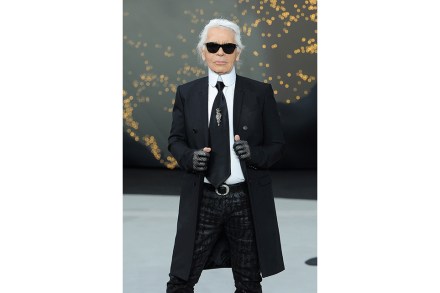Karl Lagerfeld – from fashion icon to invisible man
Karl Lagerfeld was an icon when he died in 2019, but for most of his career he was unknown outside the fashion business. He was born in 1933, the year Hitler came to power, a distasteful coincidence, so Lagerfeld altered his birth to 1938. He was an only child, whose father did well by introducing condensed milk into Germany. His parents had been Nazi members, and Karl saw his future elsewhere. At 18 he left Hamburg for Paris. Short and chunky, he had simian good looks, with beetling brow and a smile that was wider than his eyes; and he didn’t want for admirers. In 1954 he won the young




















